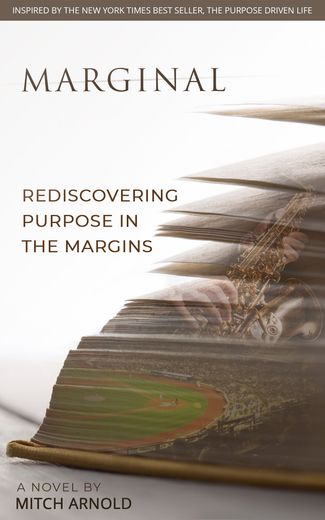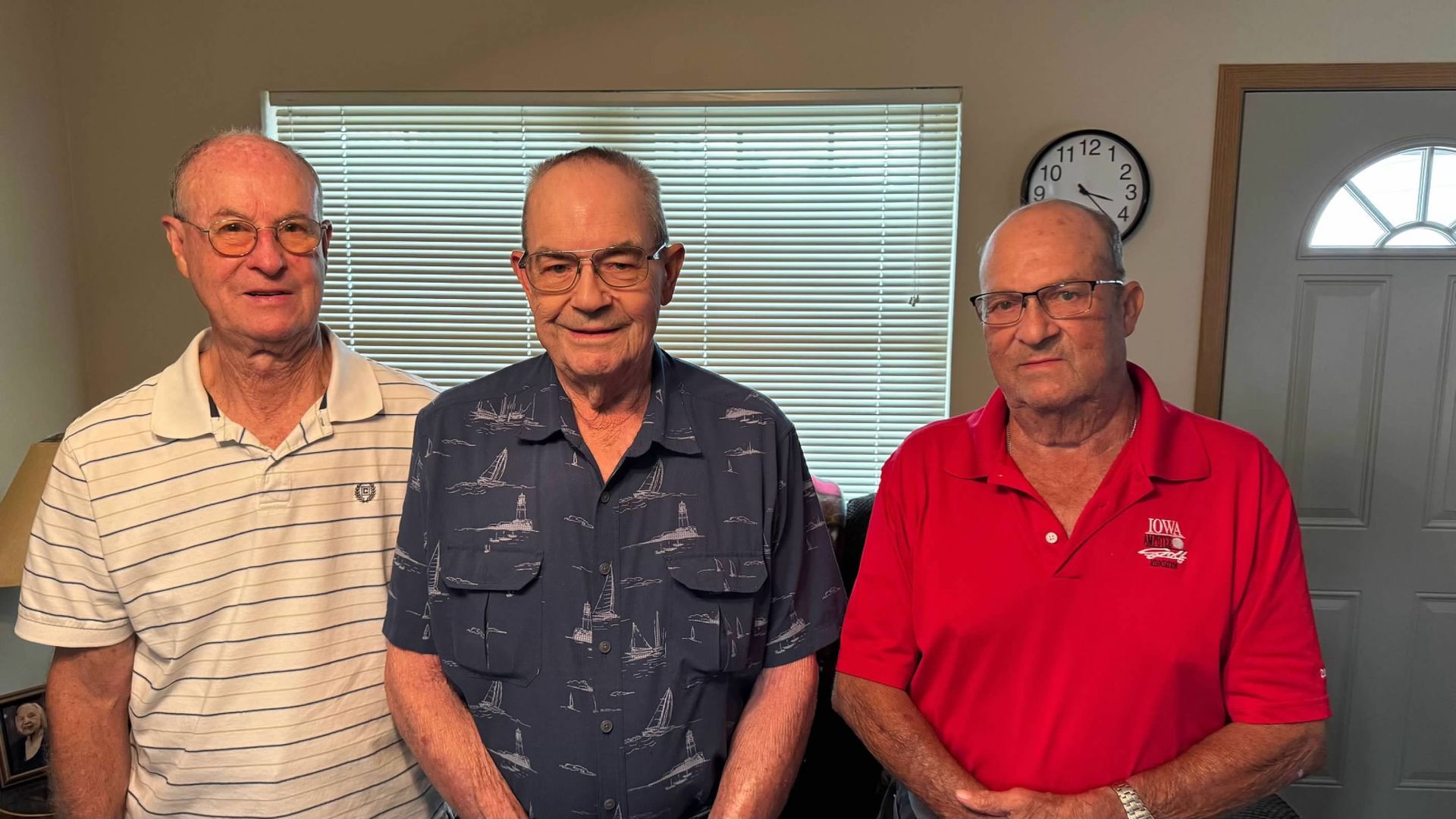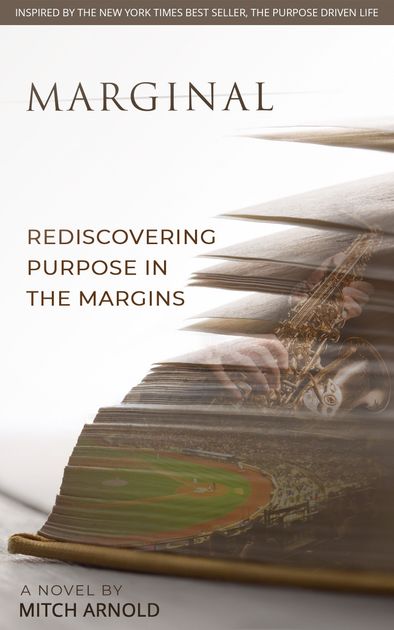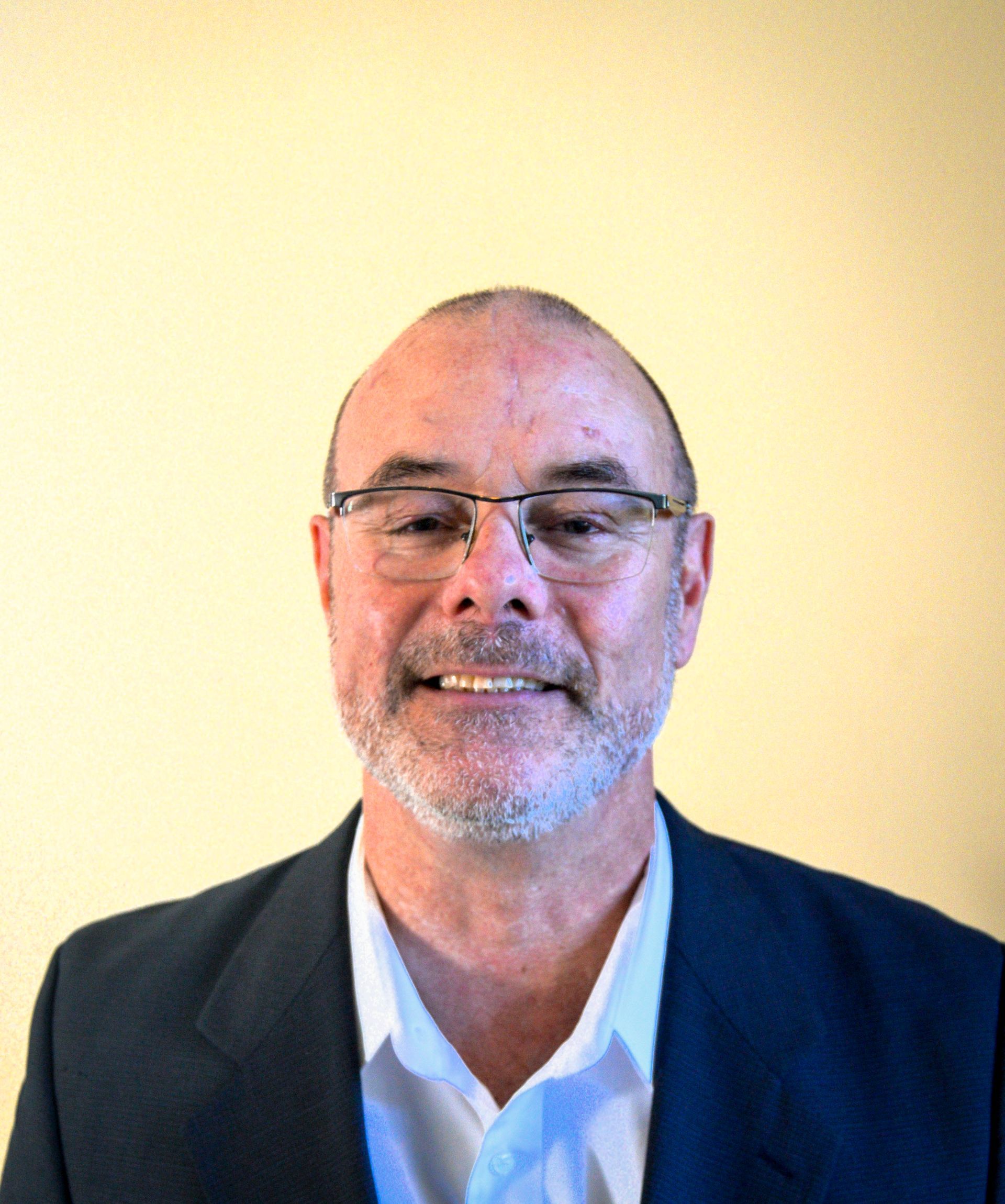By Mitch Arnold
•
October 19, 2025
A couple of Saturdays ago, I found myself smiling and nodding, as my eyes welled up with tears of sadness. I was among friends I hadn’t seen for a long time, and I had a beer and a Philly cheesesteak in front of me, yet I was engrossed in stories of incomprehensible agony and triumph. It was a powerful juxtaposition, the kind you don’t easily forget. Lynda and I were at a charity event that we attend almost every year. The event is called Glow Gold, and its intent is to raise money for childhood cancer research. It’s one of many events held by Sammy’s Superheroes, an organization founded by one of my former students whose son Sammy is the namesake. For most of the event, the mood was joyful, with music playing and children running around in bounce houses and having their faces painted, while adults enjoyed conversation, music, and good food and drink. The vibes were so casual that it was easy to forget the purpose behind the event, until the speakers took the stage. These brave souls are typically parents, and they are there to share their stories of going through a cancer battle with their children. As a parent, and now grandparent, I don’t even want to think about childhood cancer and what these families have experienced. I imagine that the speakers felt the same way, and would rather be sitting in the crowd with me, and not reliving their pain in front of strangers. Yet, there they were. The first speaker was a young father with several children who only briefly attended the event, as he was busy with his children’s activities that night. He reminded me of myself several years ago, when I was busy with my own young children, except that I didn’t have a four-year-old in a fight for his life, a fight that had already cost him one of his legs. Next on stage was a mother who had struggled to have children, only to have her two-year-old die in her arms as she sat outside with him on a sunny summer morning. Her description of the experience was so vivid that it was easy to imagine – too easy for an empath like me. While both stories were sad and incredibly heart-wrenching, they were also oddly uplifting. Both parents spoke of how their children inspired them to become better people. They shared how their experiences, though they wished that they hadn’t had them, enhanced their appreciation of life, love and family. They no longer take time for granted, and they’ve learned that the trivial things that challenge us really aren’t that important. They have managed to grow, despite suffering from trauma that few of us will ever experience. These families are prime examples of something I have recently begun studying, Post-Traumatic Growth. Post Traumatic Growth (PTG) is a theory, developed by psychologists Richard Tedeschi and Lawrence Calhoun, that suggests that not all reactions to trauma are negative. In fact, they conclude that mild to moderate trauma often leads to positive psychological changes, such as stronger resilience, heightened empathy, renewed appreciation for life and more meaningful relationships. PTG epitomizes the human spirit, and seeing that in these parents had me smiling and nodding. No one wants to experience trauma, yet despite our best efforts to avoid it, trauma can still find us and impart devastating effects, some of which we may never recover from. Still, like these parents who have experienced the unthinkable, we can come out on the other side as better people. PTG gives us hope that this is possible. Focused on the social aspect of the event, I hadn’t readied myself for the emotional labyrinth that my mind was suddenly navigating while listening to speakers that Saturday night. The smiles and nodding happened, when my thoughts finally caught up with my emotions. Even through the most trying times, we can grow and improve, if we’re receptive to the learning that challenges can provide.







